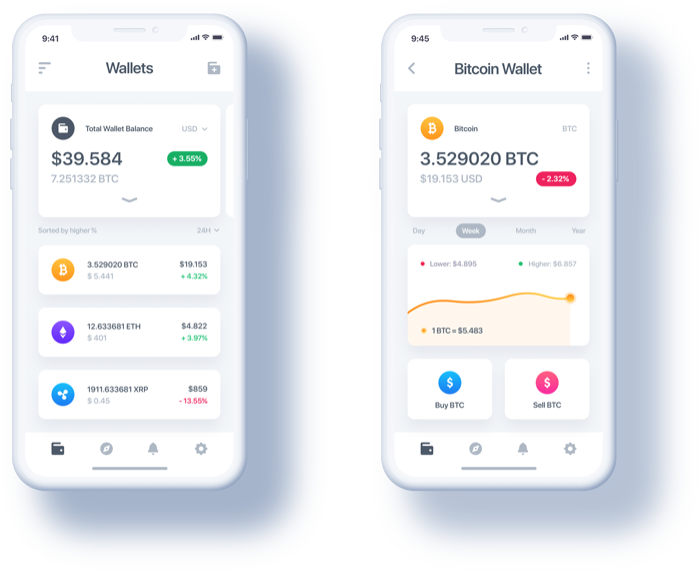
Wallets have been an integral part of human life for centuries, evolving from simple pouches to sophisticated digital platforms. While the primary purpose remains the same – to hold our essentials like cash, cards, and identification – the methods and technologies involved have undergone a remarkable transformation. In this article, we explore the journey of wallets, tracing their evolution from humble beginnings to modern-day digital counterparts.
FASTER
EASY @ QUICKER
WALLET SERVICES
E-wallets, also known as digital wallets or mobile wallets, have emerged as a convenient, secure, and efficient alternative to traditional payment methods.
Deserunt hic consequatur ex placeat! atque repellendus inventore quisquam, perferendis, eum reiciendis quia nesciunt fuga magni.
WALLET

E-wallets, also known as digital wallets or mobile wallets, have emerged as a convenient, secure, and efficient alternative to traditional payment methods.
E-wallets, also known as digital wallets or mobile wallets, have emerged as a convenient, secure, and efficient alternative to traditional payment methods.
Global coverage of payment providers is their ability to process payments in different currencies and across various countries and regions.
A wallet is a small, flat case used to carry cash, cards, identification, and other essential items such as receipts and business cards. It is designed to fit comfortably in a pocket or purse for easy access and organization of personal belongings.
Traditional wallets are often made from leather, which is known for its durability and classic aesthetic. However, modern wallets can also be constructed from materials like nylon, polyester, canvas, and synthetic leathers, offering a wider range of options to suit different preferences and budgets.
There are various types of wallets to choose from, including bi-fold wallets, tri-fold wallets, money clips, cardholders, passport wallets, and digital wallets. Each type offers unique features and designs to accommodate different storage needs and personal styles.
Digital wallets, also known as e-wallets or mobile wallets, store payment information, loyalty cards, and identification documents securely on electronic devices such as smartphones or tablets. Users can make transactions by simply scanning their device or entering a secure pin, eliminating the need to carry physical cash or cards.
Digital wallets offer several advantages, including enhanced security through encryption and biometric authentication, convenience in making quick and contactless transactions, and integration with rewards programs and loyalty cards for added incentives. They also reduce the risk of theft or loss associated with traditional wallets.
about wallet servies
services
BLOG